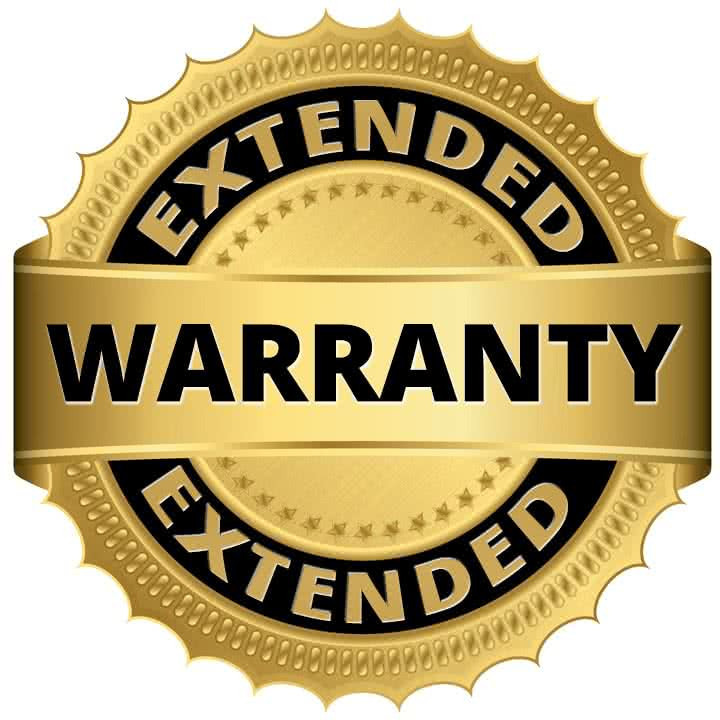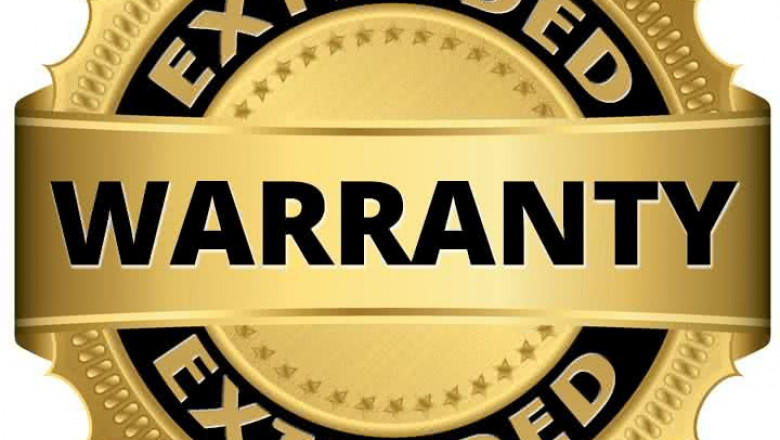views
Understanding Extended Warranties
An extended warranty, or protection plan, is an optional product that can be purchased to extend the manufacturer's warranty on a product such as electronics, appliances or vehicles. Extended warranties provide coverage for repairs or replacement costs for mechanical or electrical failures outside the parameters of the manufacturer's warranty.
Most standard manufacturer warranties last 1-3 years and cover defects caused by normal use. An extended warranty typically adds 1-3 years of additional coverage after the primary warranty expires. The goal is to provide ongoing protection against the higher repair costs that can occur as products age and parts degrade over time.
However, it's important to weigh the pros and cons of Extended Warranty carefully before making a purchase decision. Some key factors to consider include the type of product, costs, exclusions in coverage, and your own budget and risk tolerance. Let's break down some of the key considerations.
Weighing the Costs and Coverage
One of the primary things to evaluate is whether the cost of an extended warranty is a good value relative to your product, its expected lifespan, and potential repair expenses down the road. Extended warranty prices vary significantly depending on the product category and features covered.
For large electronics or appliances that run $500+, an extended warranty may be worth considering if it could help avoid a costly out-of-pocket repair bill later on. However, for less expensive items with relatively simple components, the warranty coverage may far exceed any repairs needed. It's also important to understand deductibles, limits on the number of covered repairs, and exclusions in coverage that sometimes don't apply to common issues.
Evaluating Your Risk Tolerance
Another factor is how tolerant you are of the risk of future repair costs versus paying a premium up front for extended protection. Those who want complete peace of mind may find value in an extended warranty's protection against any costs outside normal usage. However, others comfortable with some financial risk from breakdowns could consider self-insuring smaller repair bills instead of paying for additional coverage.
Your payment budget and tendency to keep products longer also influences the calculus. If funds are tight or you're prone to upgrading before warranties expire, the value of an extended warranty diminishes. But if budget constraints mean holding onto items longer, an extended warranty could end up paying for itself. Overall, it's a personalized analysis based on your risk profile and product usage projections.
Manufacturer Reputation and Prior Claims
The track record of the product's manufacturer also merits consideration when weighing an extended warranty. Well-known brands with a history of quality and honoring warranty claims may carry less risk of frequent repairs compared to lesser-known companies. A product with few moving parts or a simple design also bodes well for longevity versus more complex electronics or appliances.
If you've previously needed to use warranties or service plans on similar products in the past, it may be wiser to invest in ongoing protection this time. On the other hand, never having warranty claims suggests the odds are lower repairs will be needed. Doing research on customer reviews and reliability data can inform your assessment of a manufacturer's reputation.
Making the Best Choice for Your Situation
Ultimately, there is no one-size-fits-all answer to whether an extended warranty is a worthwhile purchase. It depends greatly on the type of product, its cost, how long you expect to use it, your financial profile, and appetite for risk. Taking the time to seriously weigh the considerations above based on your specific situation will lead to the best decision whether extended coverage makes financial sense or presents an unnecessary expense. An informed choice factoring in your priorities will lead to greater protection or savings as needed.
For Deeper Insights, Find The Report In The Language That You Want.
About Author:
Money Singh is a seasoned content writer with over four years of experience in the market research sector. Her expertise spans various industries, including food and beverages, biotechnology, chemical and materials, defense and aerospace, consumer goods, etc. (https://www.linkedin.com/in/money-singh-590844163)























Comments
0 comment